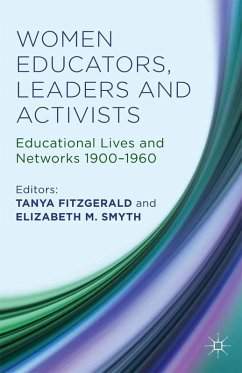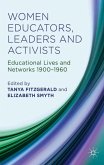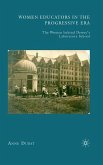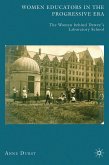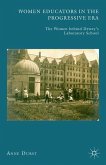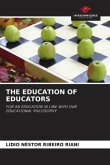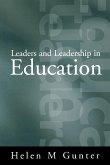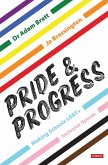This collection traces women educators' professional lives and the extent to which they challenged the gendered terrain they occupied. The emphasis is placed on women's historical public voices and their own interpretation of their 'selves' and 'lives' in their struggle to exercise authority in education.
"Each of the chapters has been written in a way that draws the reader into the historical and chronological storyline of the individual women. ... This reading is interesting for students and scholars focusing on the gendered dimensions of education and professions related to teaching. It is also full of insights for those searching for historical perspectives on women's struggles in education and women's history." (Victoria Showunmi, History of Education, Vol. 46 (3), 2017)
"This reading is interesting for students and scholars focusing on the gendered dimensions of education and professions related to teaching. It is also insightful for those searching for historical perspectives on women's struggles in education and women's history. Furthermore, it will be productive for anyone looking at the history of education in Anglo-speaking countries." - Gender and Education
'In Women Educators, Leaders and Activists: Educational Lives and Networks 1900 1960, readerswill find seven chapters, plus a useful introduction by the editors and a thoughtful conclusion by Deirdre Raftery, that contribute to an understanding of how women in the past understood, navigated, and shaped their worlds.' Historical Studies in Education
"This reading is interesting for students and scholars focusing on the gendered dimensions of education and professions related to teaching. It is also insightful for those searching for historical perspectives on women's struggles in education and women's history. Furthermore, it will be productive for anyone looking at the history of education in Anglo-speaking countries." - Gender and Education
'In Women Educators, Leaders and Activists: Educational Lives and Networks 1900 1960, readerswill find seven chapters, plus a useful introduction by the editors and a thoughtful conclusion by Deirdre Raftery, that contribute to an understanding of how women in the past understood, navigated, and shaped their worlds.' Historical Studies in Education

